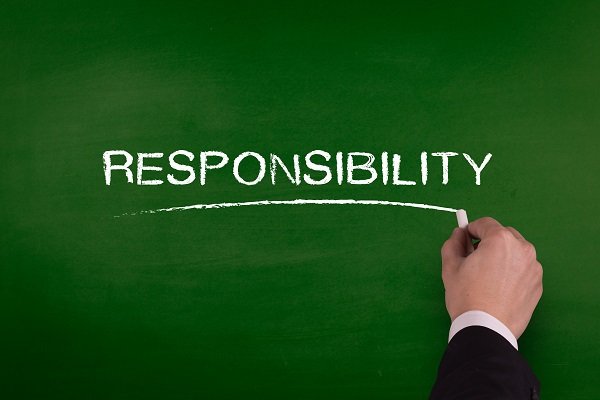Duty of Care Explained
 In nearly everything we do, we have a duty of care to others. Duty of care is actually a simple concept: it is the responsibility to act in a manner to reasonably prevent accidents that can injure yourself or others. Exercising your duty of care can be as simple as driving at or below the speed limit or building a secure fence around your swimming pool.
In nearly everything we do, we have a duty of care to others. Duty of care is actually a simple concept: it is the responsibility to act in a manner to reasonably prevent accidents that can injure yourself or others. Exercising your duty of care can be as simple as driving at or below the speed limit or building a secure fence around your swimming pool.
Negligence is a Lack of Providing One’s Duty of Care
When a victim files a personal injury claim, he or she must prove that the negligent party’s actions caused his or her injury and subsequent damages. What the victim must prove here is that the allegedly negligent party somehow failed to act within his or her duty of care. One does not have to act in a malicious or reckless manner in order to be deemed negligent. In some cases, inattention or failure to take action after being notified of a potential injury hazard is enough to be found negligent and thus liable for the victim’s damages.
In Premises Liability Law, Duty of Care Depends on the Victim
The term “duty of care” is often used in premises liability cases, which are personal injury claims against property owners filed by victims of injuries that occurred because of the property owners’ failure to remove hazards on their property.
Typically, only social guests and business acquaintances of the property owner may recover compensation through a premises liability claim. In most cases, trespassers cannot recover compensation for injuries caused by hazards on the properties they trespass onto because property owners owe trespassers no duty of care. There are exceptions to this, though. Property owners may not act in a deliberately malicious manner toward trespassers.
Reasonability of One’s Actions is Part of His or Her Duty of Care
The key to determining whether an individual was negligent or not is whether he or she acted in a reasonable manner. Reasonable drivers are expected to obey the speed limit and other traffic signs and avoid dangerous behaviors like drunk driving. Reasonable property owners are expected to remove hazards from their property that they are aware of – because of this, a victim’s claim must prove that the property owner should have known the hazard that caused his or her injury existed.
Draper Law Office Can Help you Pursue your Personal Injury Claim
If you are suffering from an injury because of another party’s negligence, you have the right to seek monetary compensation for your damages through a personal injury claim. To learn more, visit Draper Law Office online or call us at 866-767-4711 to schedule your free, no-obligation consultation in our office.
